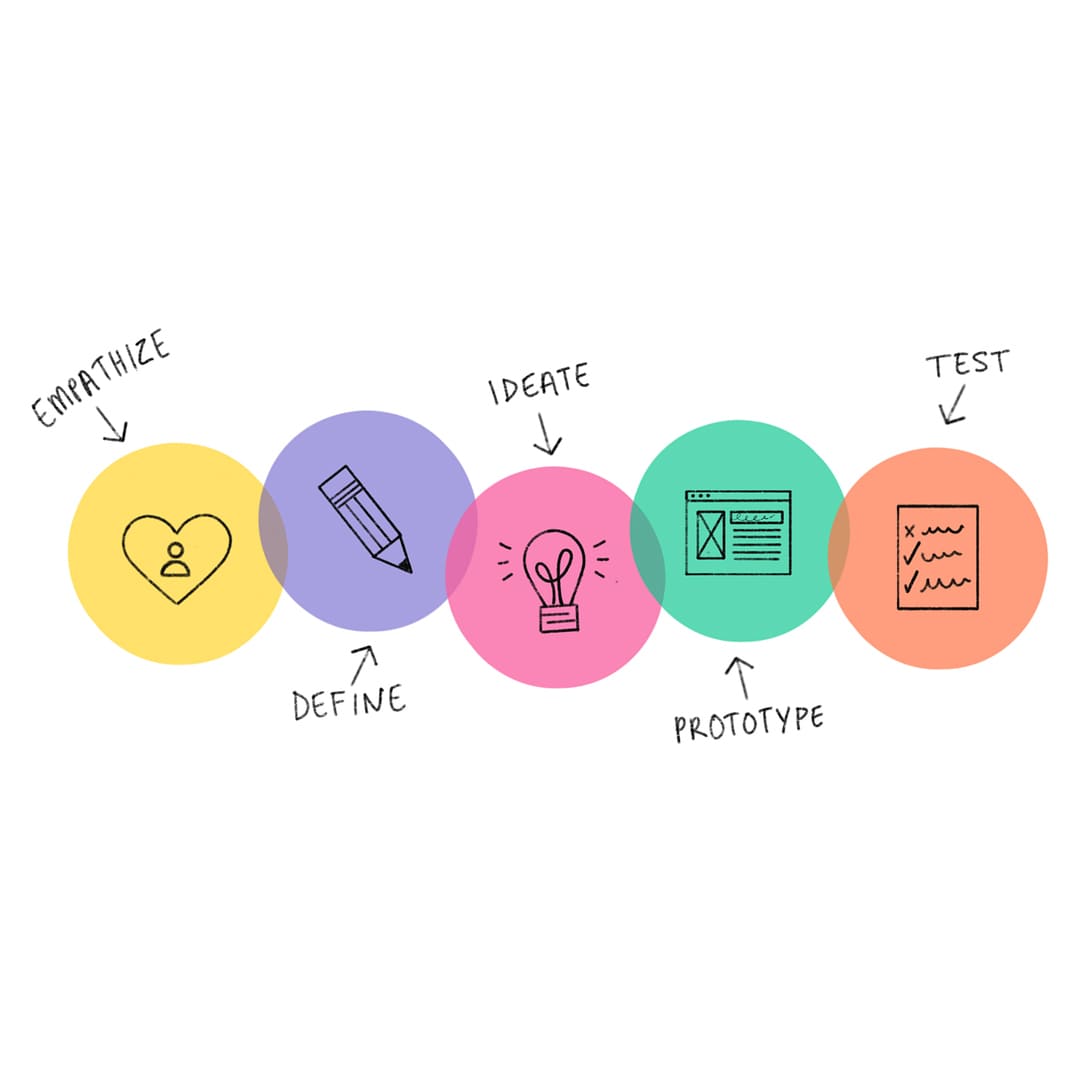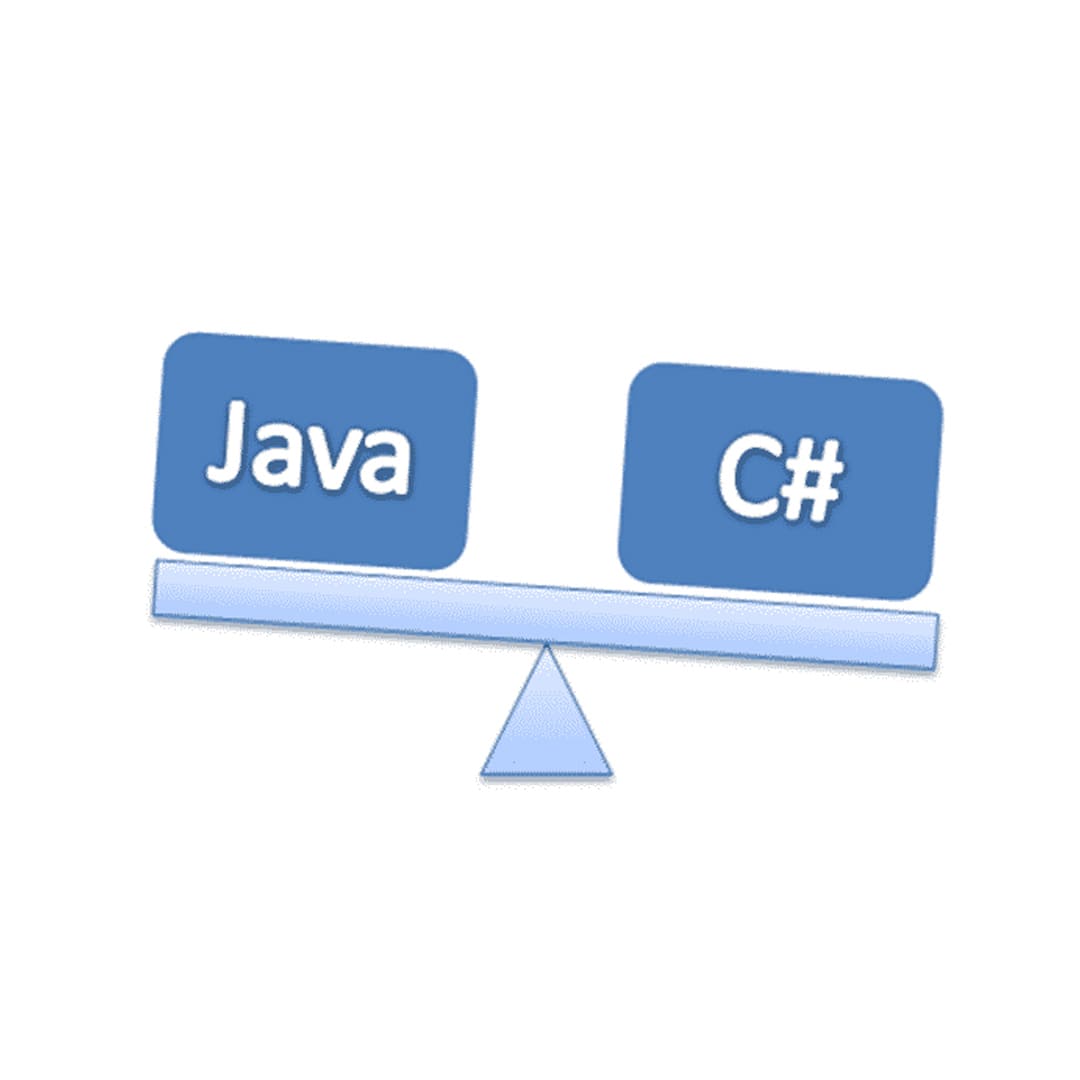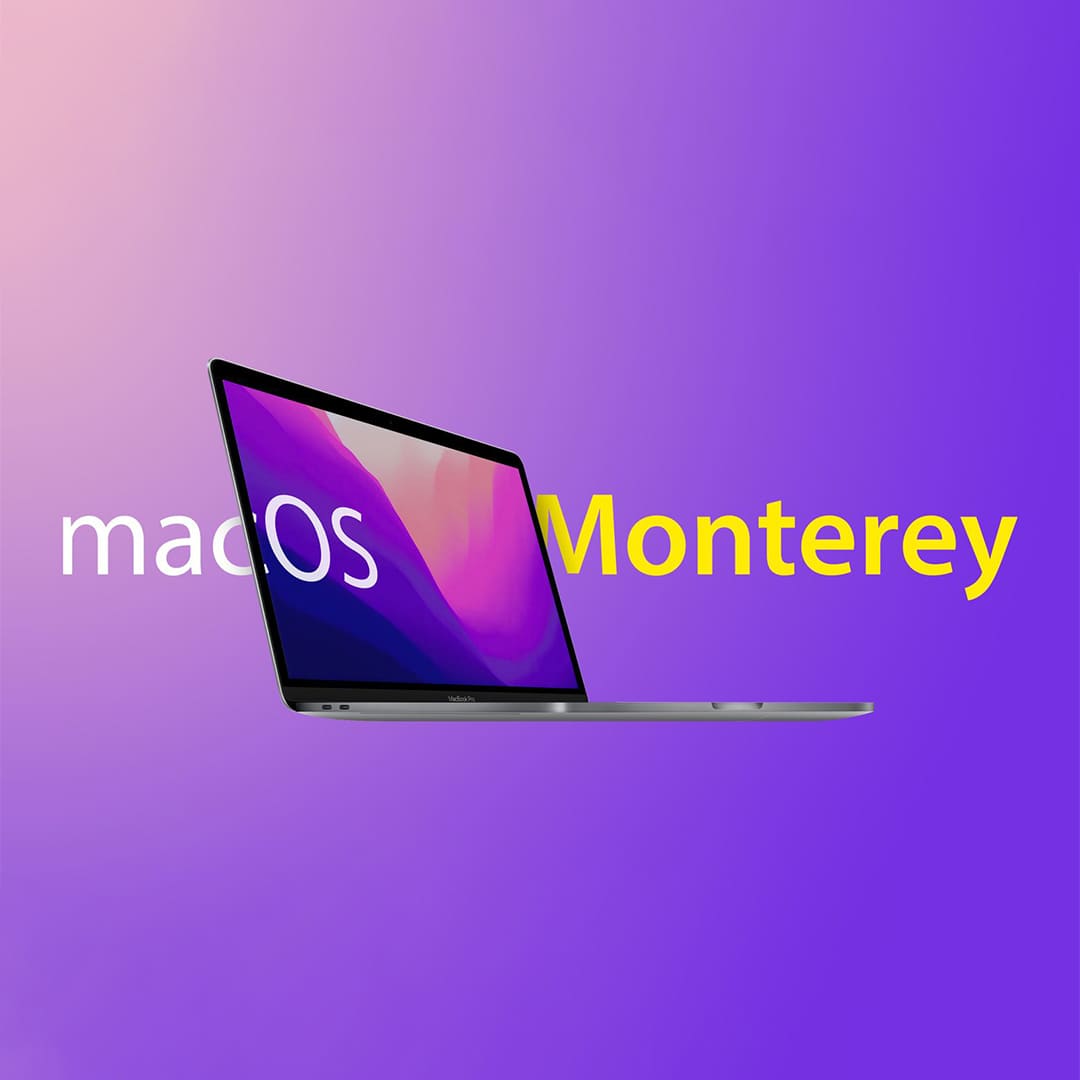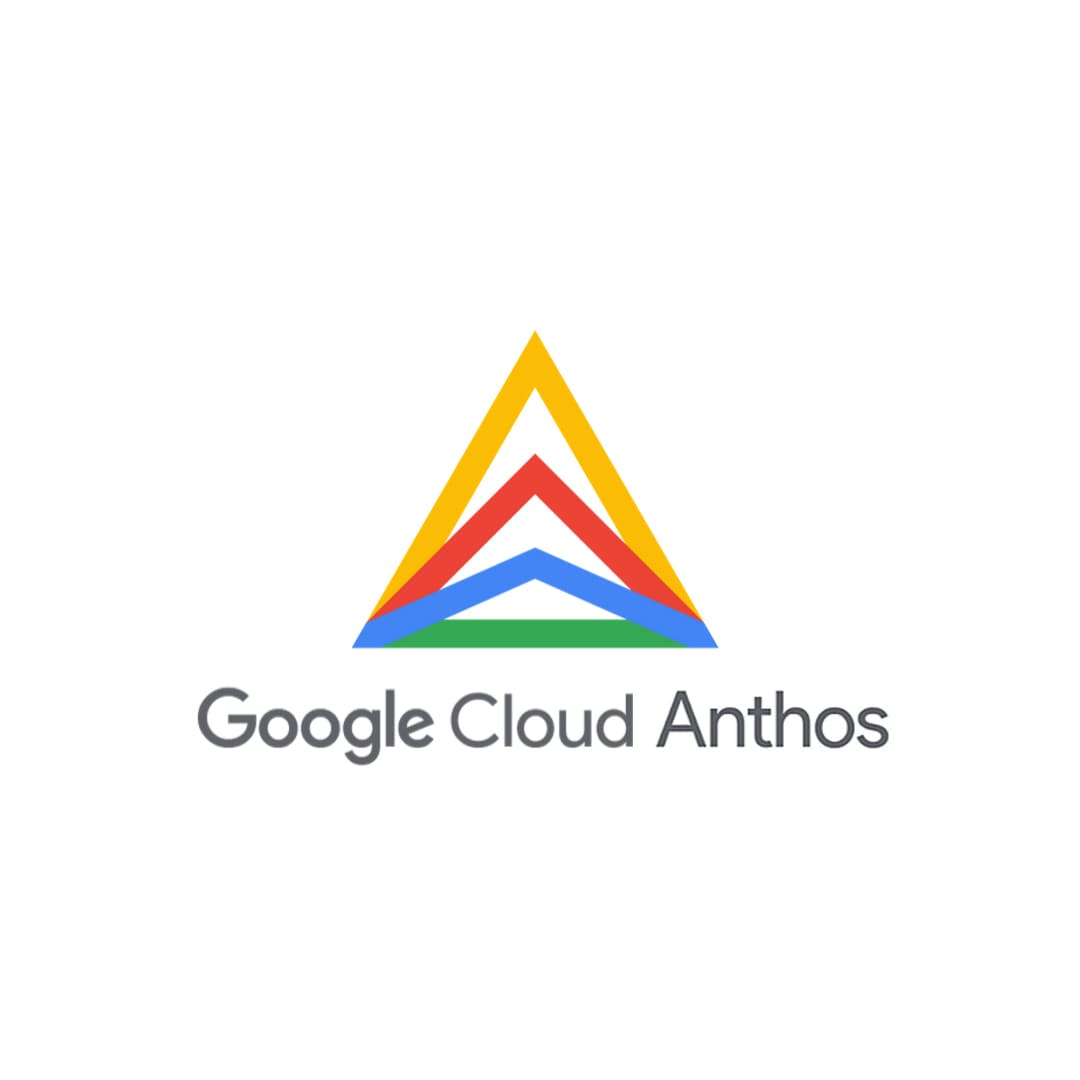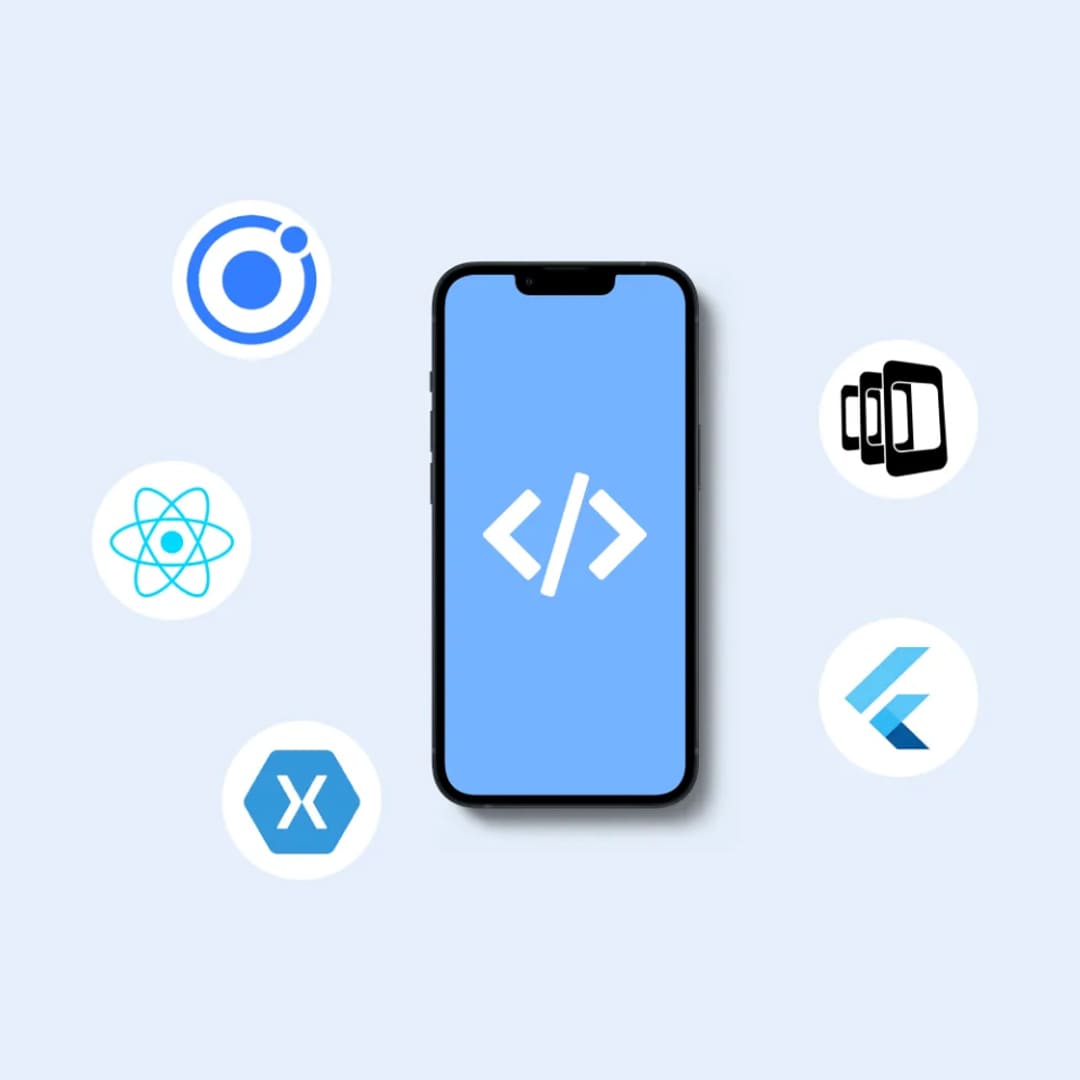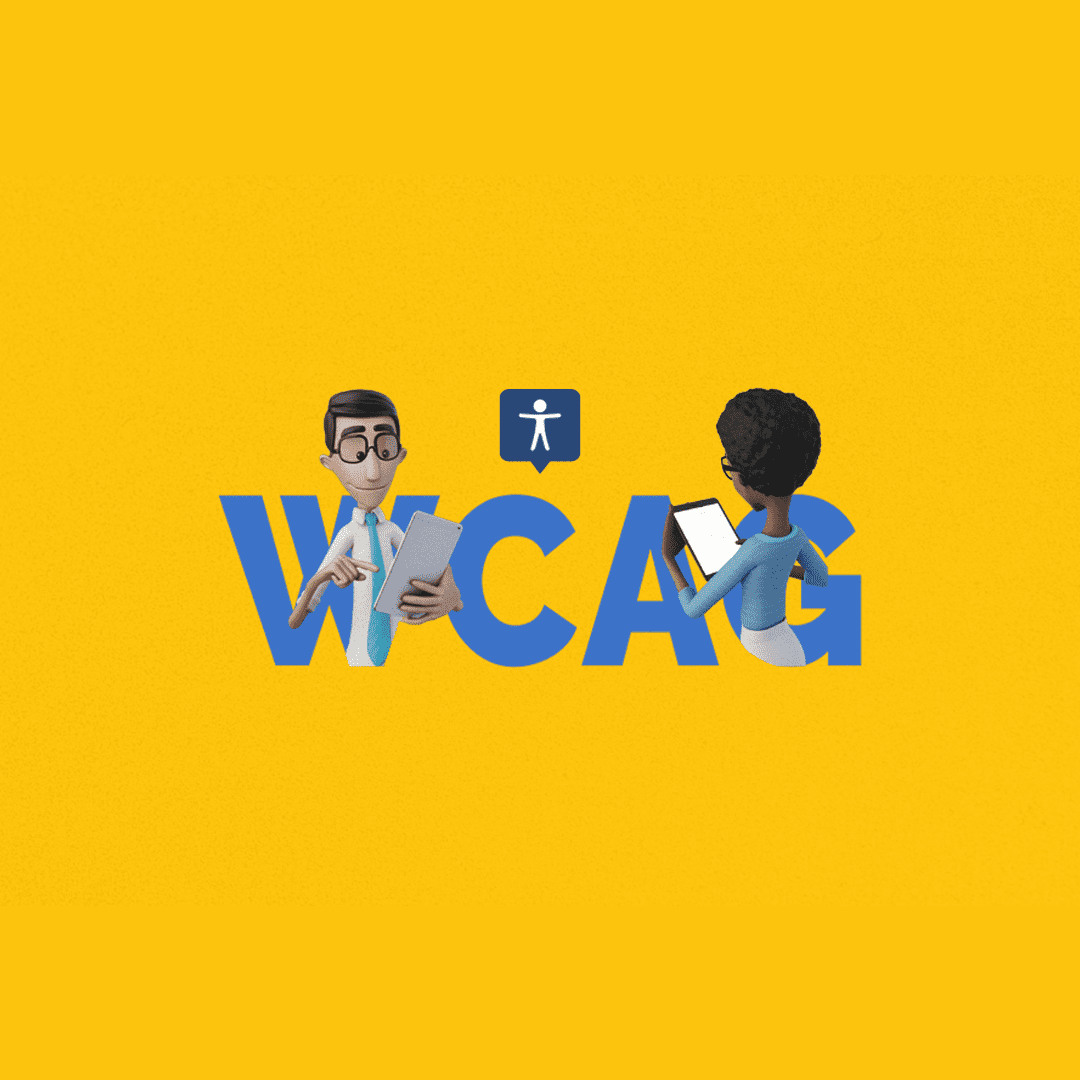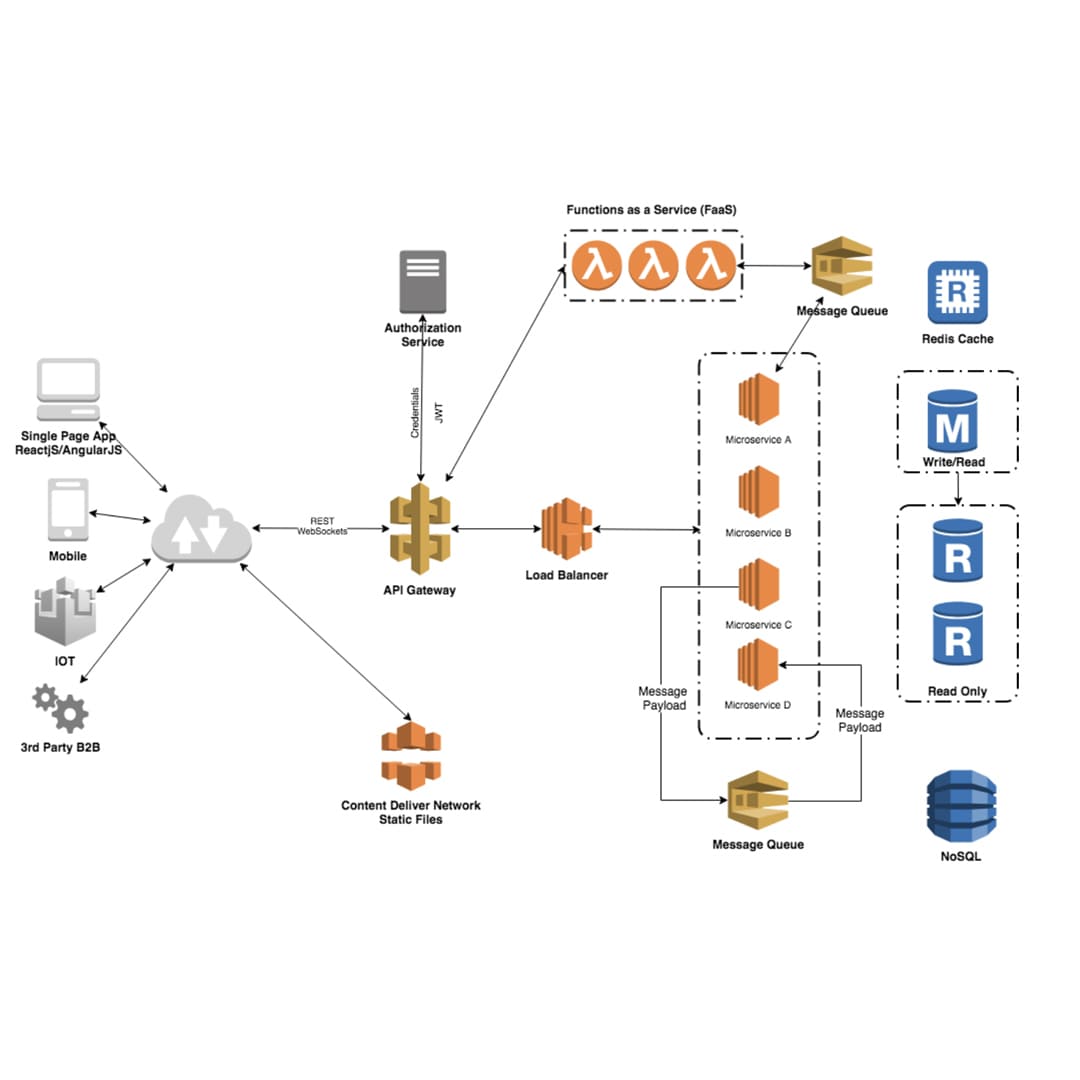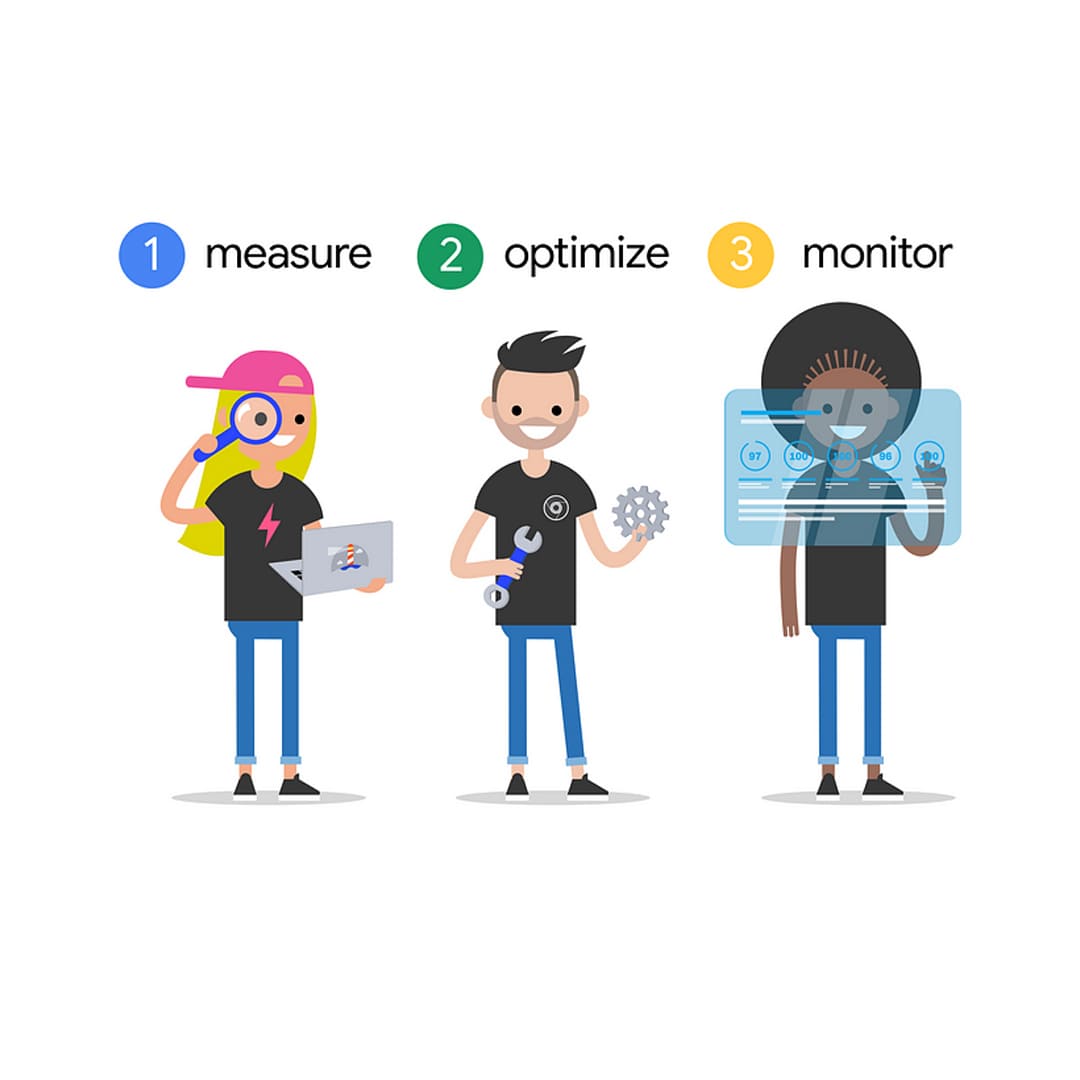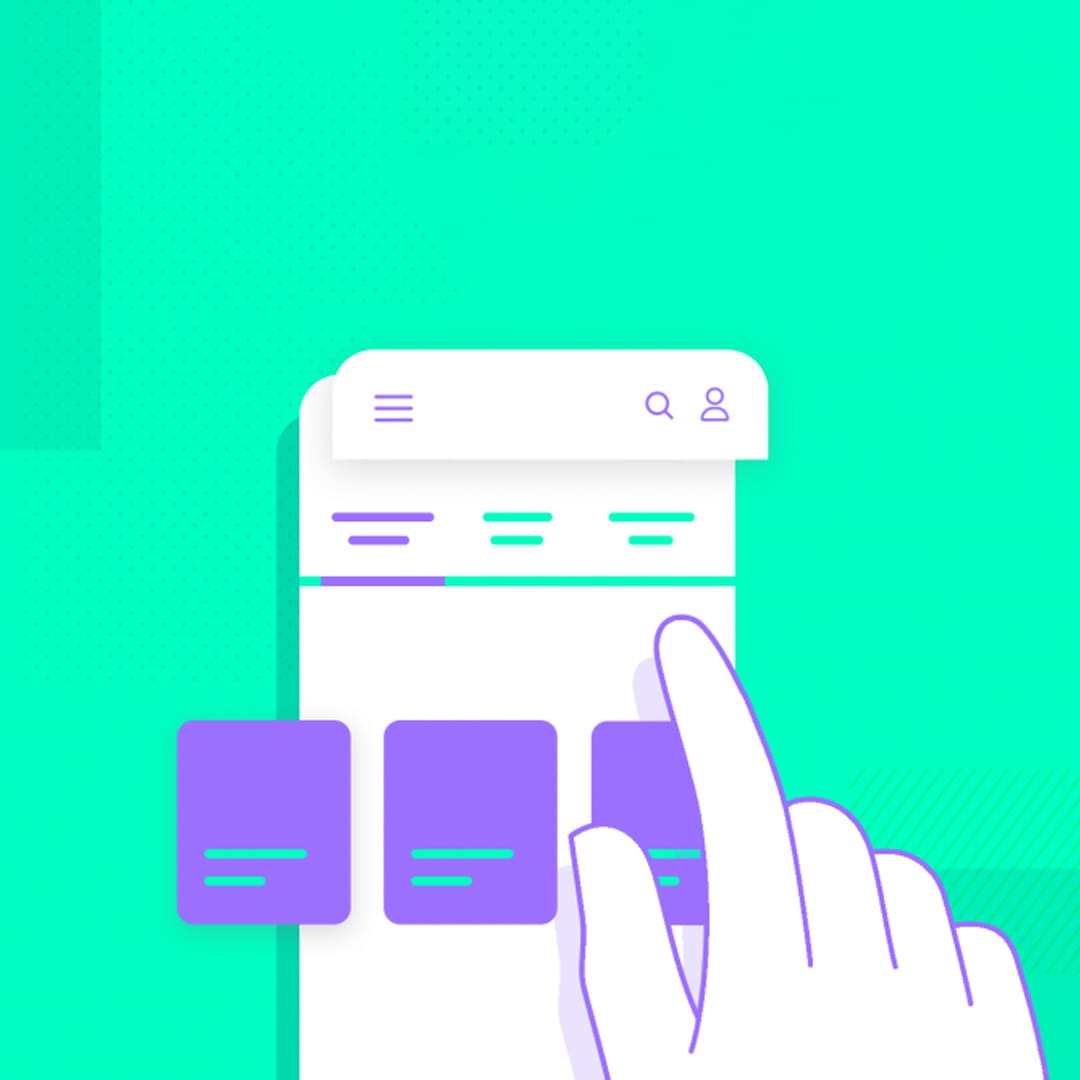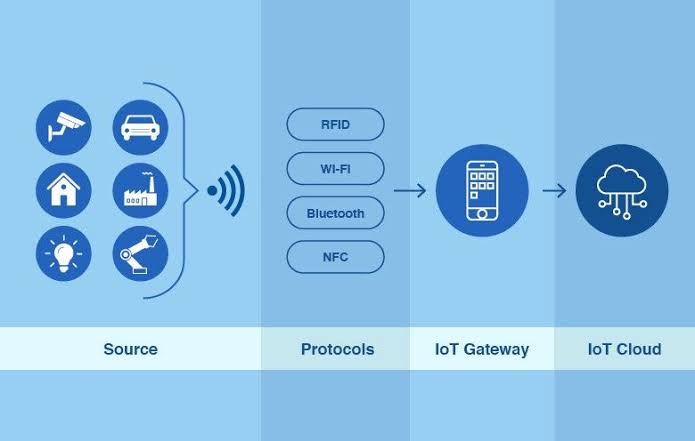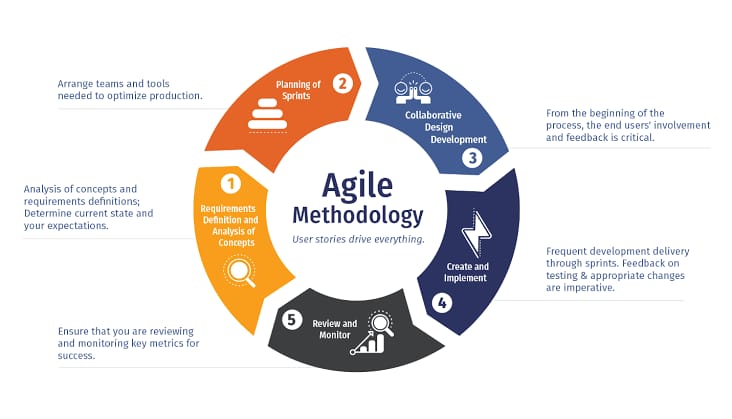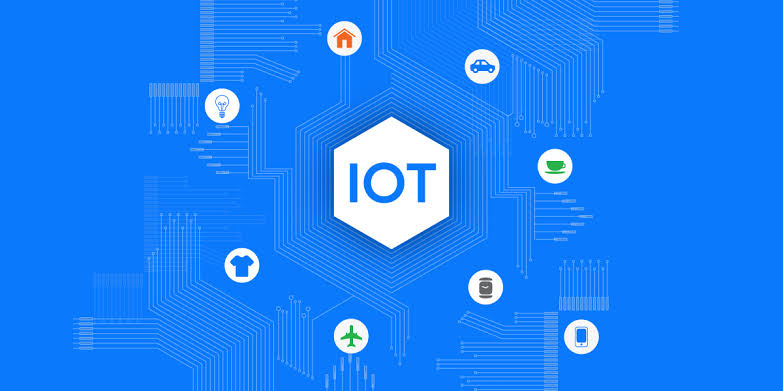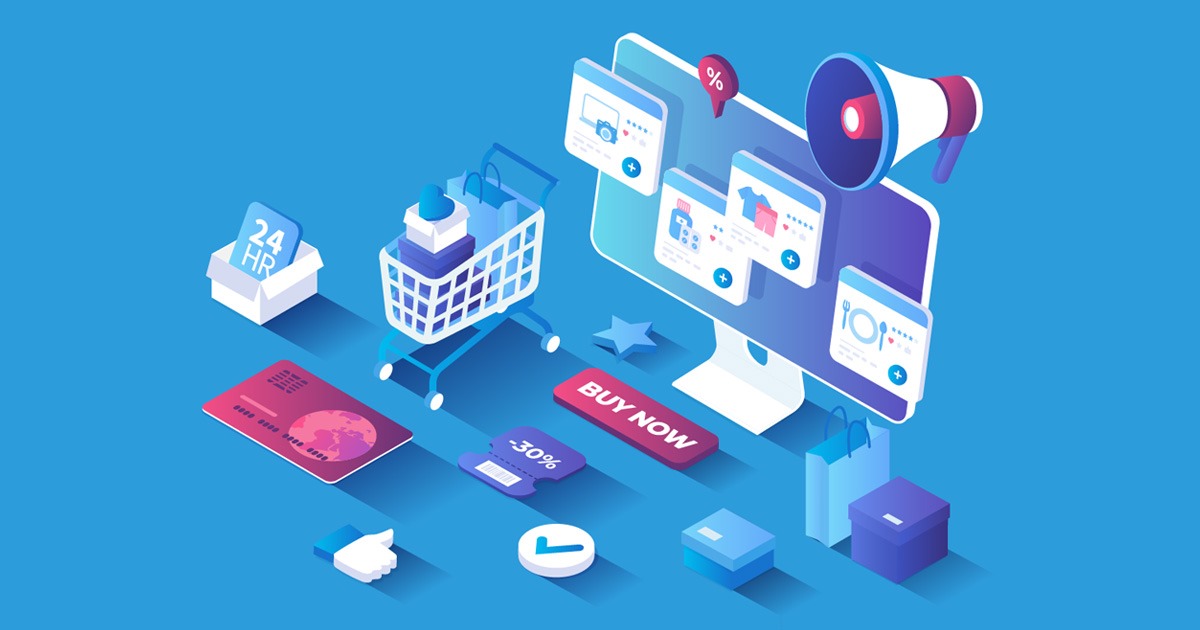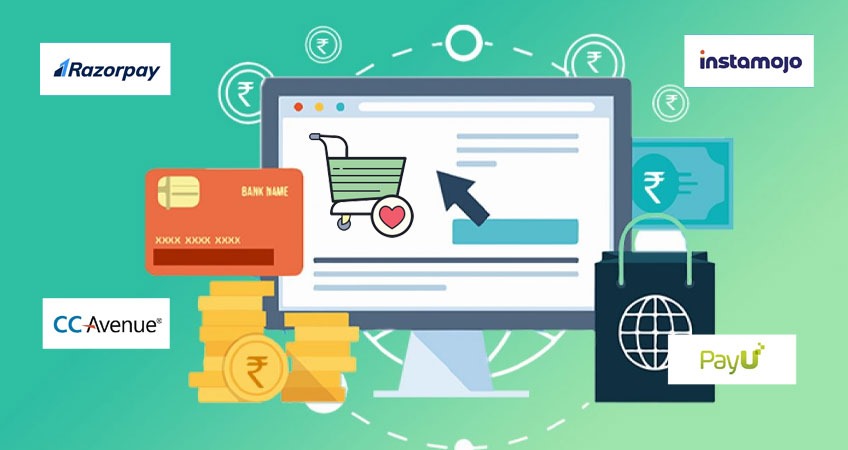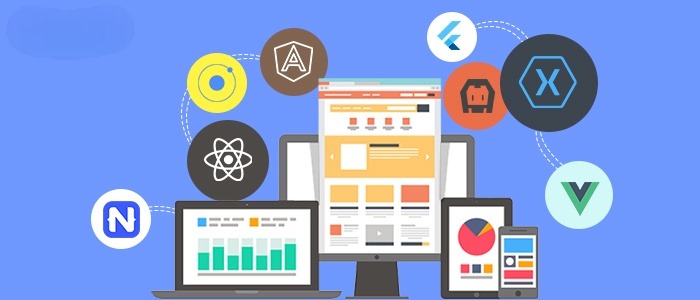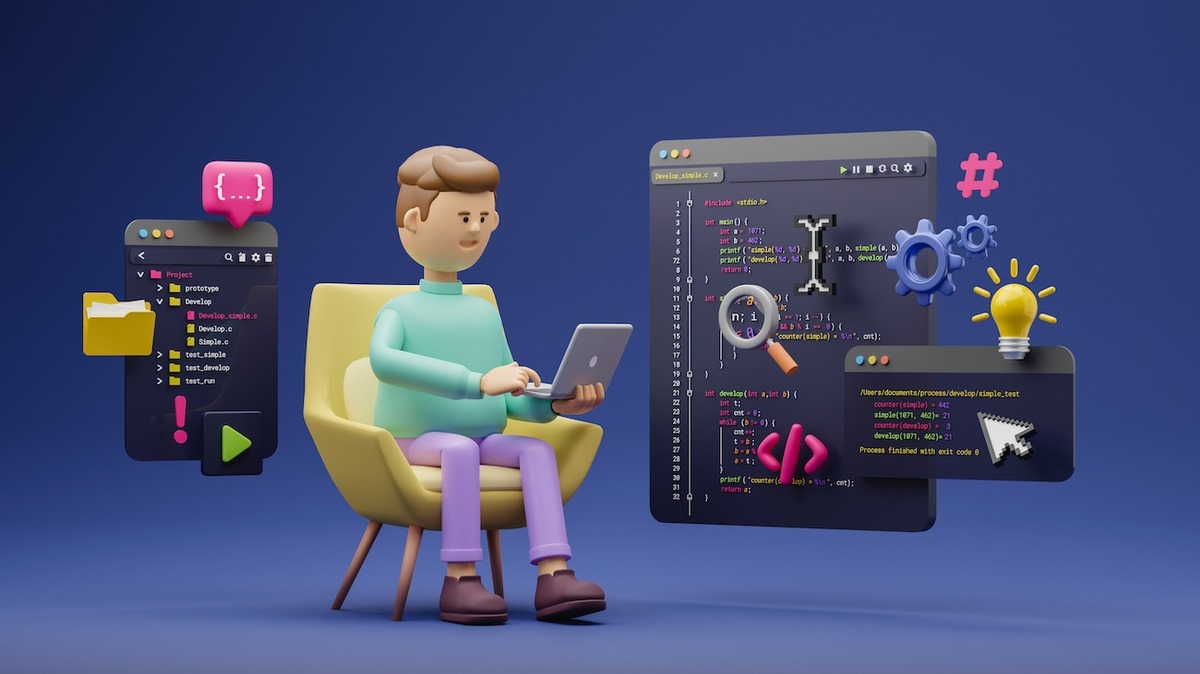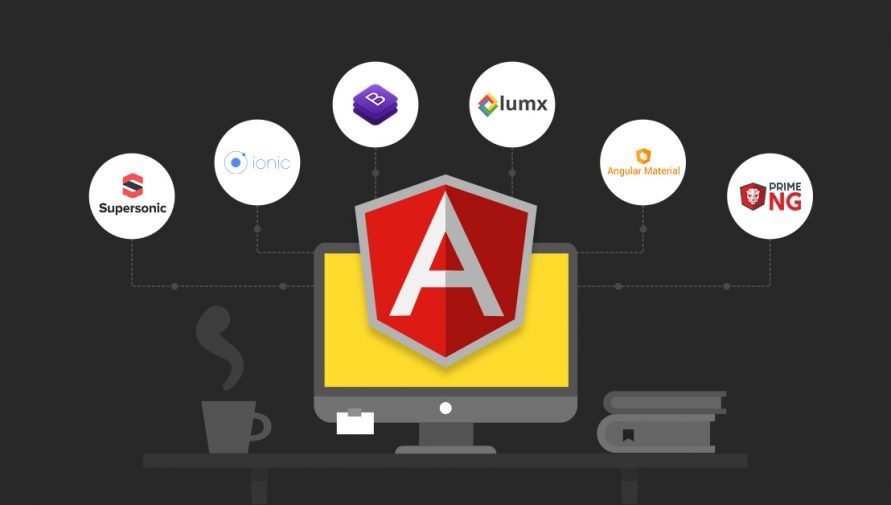Mastering Mobile App Monetization: Strategies for Successful Game Development
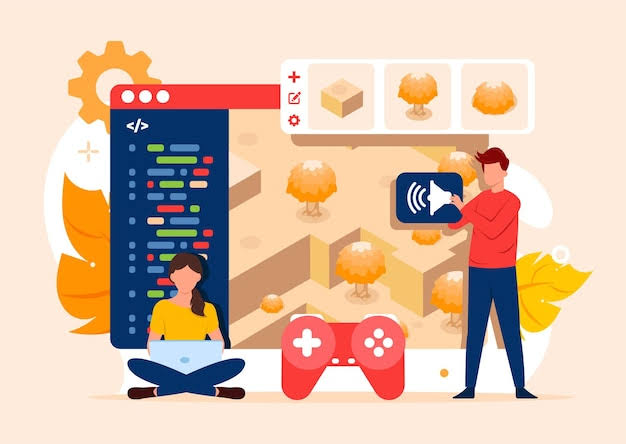
The mobile app industry has undergone a remarkable evolution, with mobile games leading the charge. In 2021, the global mobile gaming market reached $86.3 billion, highlighting the immense potential for developers. For long-term success, however, developing an engaging game is simply the first step; comprehension of successful monetization techniques is crucial. This comprehensive article regarding how to monetize mobile apps will cover in-app purchases (IAPs), promotion, and subscription-based approaches. Simply creating a fun game is just the beginning of developing a mobile application. Developers must master the art of monetizing mobile apps if they want to thrive and expand in this cutthroat sector. We will explore the methods and top recommendations for generating revenue from mobile games in this article. We'll also examine game design guidelines, development methods, and marketing plans specifically suited for mobile games. To provide real-world insights, we'll examine case studies of successful monetization and game development approaches.
In today's evolving digital landscape, mobile game creation has emerged as a vibrant and lucrative industry, with mobile game popularity and profitability setting the bar. For developers looking for long-term success, understanding the art of mobile app monetization has become crucial despite the intense competition. The success of a mobile game depends on the developer's ability to apply revenue-generating techniques without sacrificing customer delight. It is crucial for game producers to use successful monetization tactics that sustain players' interest and satisfaction in the age of smartphones and tablets, when customers have a wide choice of options. From in-app purchases to advertising models and beyond, we will navigate the path to successful game development in an age where mastering mobile app monetization is the key to unlocking untold possibilities.
The Mobile App Monetization Landscape
The mobile app industry has evolved from premium paid apps to diverse monetization models. Monetization encompasses revenue generation strategies that sustain app development, support updates, and yield profits. In the mobile game sphere, successful monetization can result in substantial returns.
Monetization's Importance for Sustainability
To be financially viable, your mobile game needs to be monetized, which entails much more than merely earning money. For game producers to create new games, they must first generate income. This money is then used to create, improve, and advertise existing games. The user experience is improved rather than diminished by effective monetization. Monetization, which is crucial to guaranteeing the ongoing viability and growth of diverse businesses, is the cornerstone of sustainability in the corporate environment of today. Regardless of the platform a mobile app, a website, or a conventional brick and mortar business—effective monetization tactics are required for a variety of compelling reasons.
- Income generation: The production of income, which is necessary for every firm, is the main objective of monetization. It becomes extremely difficult to pay for operating expenses, invest in innovation, and grow the organization without a steady source of income. In the context of mobile app development or any digital platform, sustainable monetization is often the difference between thriving and fading into obscurity.
- Innovation and improvement: Moreover, monetization allows for innovation and improvement. When a business has a stable income stream, it can reinvest profits into research and development, improving products or services, and delivering better value to customers. In the rapidly evolving digital landscape, this adaptability and constant improvement are critical for staying competitive and relevant.
- Economic uncertainties: Monetization also provides a cushion against economic uncertainties. A well-established revenue model can help a corporation weather the storm during economic downturns or unanticipated difficulties. The possibility of layoffs, insolvency, or the requirement for harsh cost-cutting measures is decreased because it offers financial stability.
- Customer experience: Furthermore, effective monetization strategies can enhance customer experience when implemented thoughtfully. Rather than detracting from the user experience, monetization can enhance it by offering premium features, removing ads, or providing valuable content in exchange for payment. This balanced approach ensures that customers perceive value in the monetization model, leading to increased customer satisfaction and loyalty.
- Efficient operations: Additionally, sustainable monetization allows a business to scale and expand its operations. It offers the tools required to broaden into new markets, interact with more people, and seize growth possibilities that might not otherwise be accessible.
In today's environment of intense competition, monetization is unquestionably essential for the long-term viability of enterprises. Along with ensuring a regular income, it also encourages innovation, provides protection from economic risks, and boosts consumer satisfaction. When executed properly, monetization becomes ingrained in a company's DNA and drives it toward long-term success and viability. Therefore, an essential component of contemporary entrepreneurship and business management is comprehending and developing effective monetization tactics.
App Prosperity: Unveiling Profitable Monetization Strategies
Your mobile game's particular needs should be taken into account while developing monetization tactics. Here, we examine a few of the standard methods.
- In-App Marketing: Ads come in a variety of ad formats, such as native ads, rewarded video commercials, banner ads, and interstitial ads. Effective ad placement and relevance are key to retaining player engagement.
- In-App Purchases (IAPs): The players are allowed to buy currency, virtual items or premium features within the game. A well-executed IAP system can create a balanced and engaging in-game economy.
- Subscription Models: Subscriptions provide players with premium content, ad-free experiences, or exclusive benefits for a recurring fee. This model fosters player loyalty and a consistent revenue stream.
- Freemium Model: Offer a free version of your app with limited functionality, and provide a premium version with advanced features for a one-time purchase or subscription fee. This approach can encourage users to upgrade for a better experience.
- Pay-Per-Download (Paid Apps): Charge users upfront to download your app from app stores. This model requires a compelling value proposition and strong marketing to convince users to pay before trying the app.
- Sponsorships and Partnerships: Collaboration with other businesses can be helpful in promoting their products or services within the app. This can involve sponsored content, special offers, or co-branded promotions.
- Affiliate Marketing: Promote relevant products or services through your app and earn a commission for each sale or lead generated through your affiliate links. Ensure that the products or services align with your app's audience.
- Licensing and Merchandising: If your app's content or characters have marketable appeal, consider licensing them for merchandise or other media, such as toys, clothing, or even spin-off games.
- Data Monetization: Collect user data (while respecting privacy regulations) and offer anonymized insights or data analytics services to businesses looking to understand user behavior and market trends.
- Crowdfunding: Engage with your user base through crowdfunding platforms like Patreon or Kickstarter, offering exclusive perks or early access to supporters in exchange for financial contributions.
- Donations: Give users the option to support your app voluntarily through donations. Some users appreciate the opportunity to contribute if they find your app valuable.
- Events and Tournaments: Organize in-app events or tournaments and charge entry fees or offer premium rewards for participation. This works well for competitive gaming or fitness apps.
- Referral Programs: Encourage users to refer friends to your app by providing rewards or discounts for successful referrals. This can help grow your user base while generating revenue.
- Cross-Promotion: Promote your other apps or partner apps within your app's user interface, potentially earning revenue from each user who downloads or engages with the promoted apps.
- Localized Pricing: Adjust pricing based on the region to account for differences in purchasing power and market conditions.
Successful app monetization often involves a combination of these strategies tailored to your app's niche, target audience, and content. It's essential to continually analyze user feedback, engagement metrics, and revenue data to refine your monetization approach and maintain a balance between generating income and delivering a positive user experience.
Mobile game mastery: develop, design and dominate
Following a defined development lifecycle, giving user-centred design first priority, and striking the correct balance between innovation and recognizability are all necessary for successful game development.
- The Lifecycle of Development: Adhere to a development lifecycle that involves pre-launch support, planning, design, programming, and testing. Iteration and updates are essential for long-term success.
- User-Centered Design: Put the player first by considering their preferences, needs, and feedback throughout the development process. User testing and feedback loops are invaluable.
- Balancing Innovation and Familiarity: Striking a balance between introducing innovative gameplay elements and maintaining familiar mechanics can attract both new and existing players.
Game Design Principles for Mobile Games
- User Interface (UI) and User Experience (UX) Design: A seamless, intuitive UI and UX are crucial for mobile games. Players should navigate menus, controls, and in-game interfaces effortlessly.
- Gameplay Mechanics and Engagement: Create engaging gameplay that offers challenges, rewards, and progression. A well-designed progression system can encourage player retention.
- Monetization Integration within Game Design: Integrate monetization elements seamlessly into gameplay, ensuring that they enhance, rather than hinder, the player experience.
- Marketing Strategies for Mobile Games: Marketing is essential for gaining visibility in the saturated mobile gaming market. Develop a comprehensive marketing plan that encompasses pre-launch, ASO, and post-launch strategies.
- Pre-Launch Marketing: Generate buzz before your game's release through teasers, social media campaigns, and pre-registration incentives.
- App Store Optimization (ASO): Optimize your game's presence on app stores by using relevant keywords, eye-catching visuals, and compelling descriptions.
- Post-Launch Marketing and Community Building: Engage with your player community through social media, forums, and regular updates. Listening to feedback and fostering a sense of community can lead to player loyalty and word-of-mouth marketing.
Case Studies of Successful Monetization and Game Development
Monument Valley: Balancing Premium Pricing with Quality
The indie game Monument Valley opted for a premium pricing model. Its visually stunning design and innovative gameplay justified the upfront cost, resulting in both critical acclaim and commercial success.
Fortnite: A Free-to-Play Giant
Fortnite took the free-to-play approach, monetizing through in-game purchases of cosmetics and a battle pass system. The game's regular content updates and community engagement have contributed to its astronomical success.
Mobile Legends: Bang Bang - The Power of In-App Purchases
Mobile Legends, a mobile MOBA, effectively monetizes through the sale of heroes, skins, and in-game currency. The continuous addition of heroes and skins keeps players engaged and spending.
Netflix: Subscription-Only Mobile Game
Netflix ventured into mobile gaming with a subscription-only model. Subscribers gain access to a collection of mobile games, enriching the Netflix experience and providing an additional revenue stream.
In conclusion, the monetization of mobile apps offers game developers both enormous obstacles and incredible prospects. Learning the craft of monetization remains a crucial part of a developer's toolset as the mobile game market grows. The approaches covered in this piece, ranging from in-app purchases to advertising formats and beyond, are not universally applicable. Instead, they act as a thorough manual, providing a variety of options to customize and implement in accordance with the particulars of your game and target audience. Your capacity for innovation and adaptation will be your strongest allies in this climate that is continuously changing. You can create games that are not only financially successful but also have a loyal player base that will ensure your success for years to come by putting the user experience first, monitoring market trends, and iteratively refining your monetization strategy. In addition to increasing profits, understanding mobile app monetization allows you to leave a lasting impression on the mobile gaming business. The complex worlds of game production and mobile app monetization have been thoroughly examined in this extensive tutorial. Developers striving for success in the cutthroat mobile gaming business must comprehend the complexities of monetization tactics, game development processes, design principles, and marketing strategies. The user experience can be improved as developers maintain their game development efforts by integrating efficient monetization strategies including in-app advertising, in-app purchases, and subscription models.
Additionally, mastering game development methodologies and design fundamentals make sure that your game stands out in terms of its level of excellence, user engagement, and creativity. The case studies of effective monetization and game creation techniques demonstrate the variety of tactics that might be effective in the mobile gaming sector. If you choose to use premium pricing, free-to-play business models, or subscription-based tactics, the objective is to tailor your pricing approach to the particular features and target audience of your game. The industry will continue to be impacted by creators who prioritize player delight, creativity, and effective monetization as they create amazing mobile gaming experiences. By following the strategies and advice provided in this manual, you can embark on a successful journey into the world of mobile app monetization and game development.
Recent Stories
500k Customer Have
Build a stunning site today.
We help our clients succeed by creating brand identities.
Get a Quote









